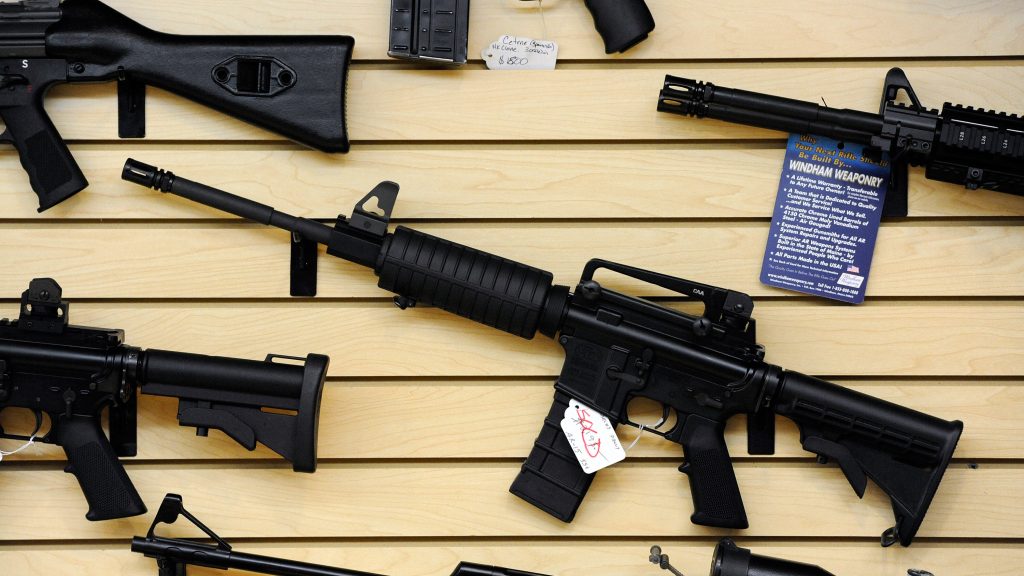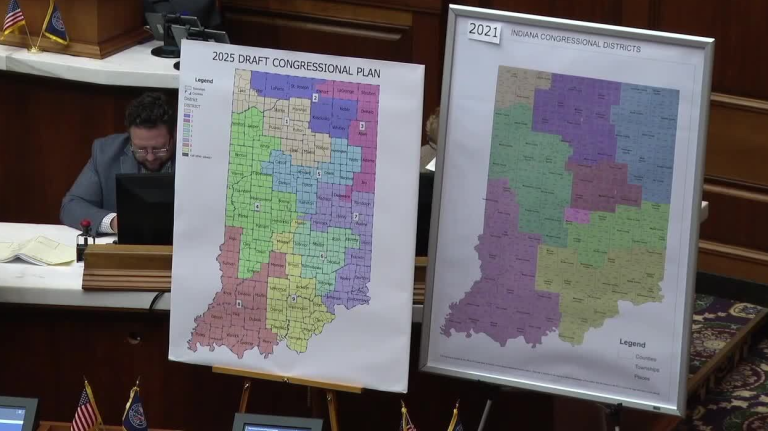
The U.S. Supreme Court has declined to review two major Second Amendment cases. One involved Maryland’s ban on AR-15 rifles. The other challenged Rhode Island’s law limiting magazine capacity to 10 rounds.
By rejecting both appeals, the Court allows these restrictions to remain in place. This move supports state-level gun control efforts in blue states.

Maryland’s AR-15 Ban Stands
Maryland passed its “assault weapons ban” in 2013. The law prohibits owning AR-15s and similar semiautomatic rifles. Gun rights advocates argued the ban violated the Second Amendment.
They hoped the Supreme Court would reconsider the law after its 2022 Bruen decision. That ruling expanded gun rights by changing how courts interpret the Second Amendment.
However, the Fourth Circuit Court upheld Maryland’s law. The challengers then appealed to the Supreme Court, but the justices refused to take the case.
Rhode Island Magazine Limits Upheld
Rhode Island passed a law in 2022 banning magazines that hold more than 10 rounds. Gun owners who violated the law could face felony charges.
After losing in lower courts, the challengers took their case to the Supreme Court. But just like in the Maryland case, the justices declined to intervene.
Only Three Justices Wanted to Hear the Cases
Justices Clarence Thomas, Samuel Alito, and Neil Gorsuch supported hearing both appeals. But four votes are required to bring a case before the Court.
Chief Justice John Roberts and Justices Brett Kavanaugh and Amy Coney Barrett did not vote to take up the cases.
Justice Kavanaugh explained his decision in a brief statement. He said denying the petition doesn’t mean the Court agrees with the lower ruling.
He added that similar Second Amendment cases are currently under review in other appeals courts.
Justice Thomas Issues Strong Dissent
Justice Clarence Thomas disagreed sharply with the Court’s decision. He wrote a dissent criticizing the Fourth Circuit’s reasoning in the Maryland case.
Thomas argued that AR-15s are commonly owned by law-abiding Americans. He said that should qualify them for protection under the Second Amendment.
He also rejected the idea that AR-15s are “dangerous and unusual.” Thomas noted their widespread use for home defense and sport shooting.
The lower court claimed AR-15s don’t qualify for protection due to their military origins and high firepower. Thomas called this reasoning flawed.
He also mocked the court’s comparison of AR-15s to weapons like bazookas and nuclear warheads.
“To avoid imaginary threats, the court has allowed real restrictions on popular firearms,” Thomas wrote. “That’s not what the Constitution promises.”


